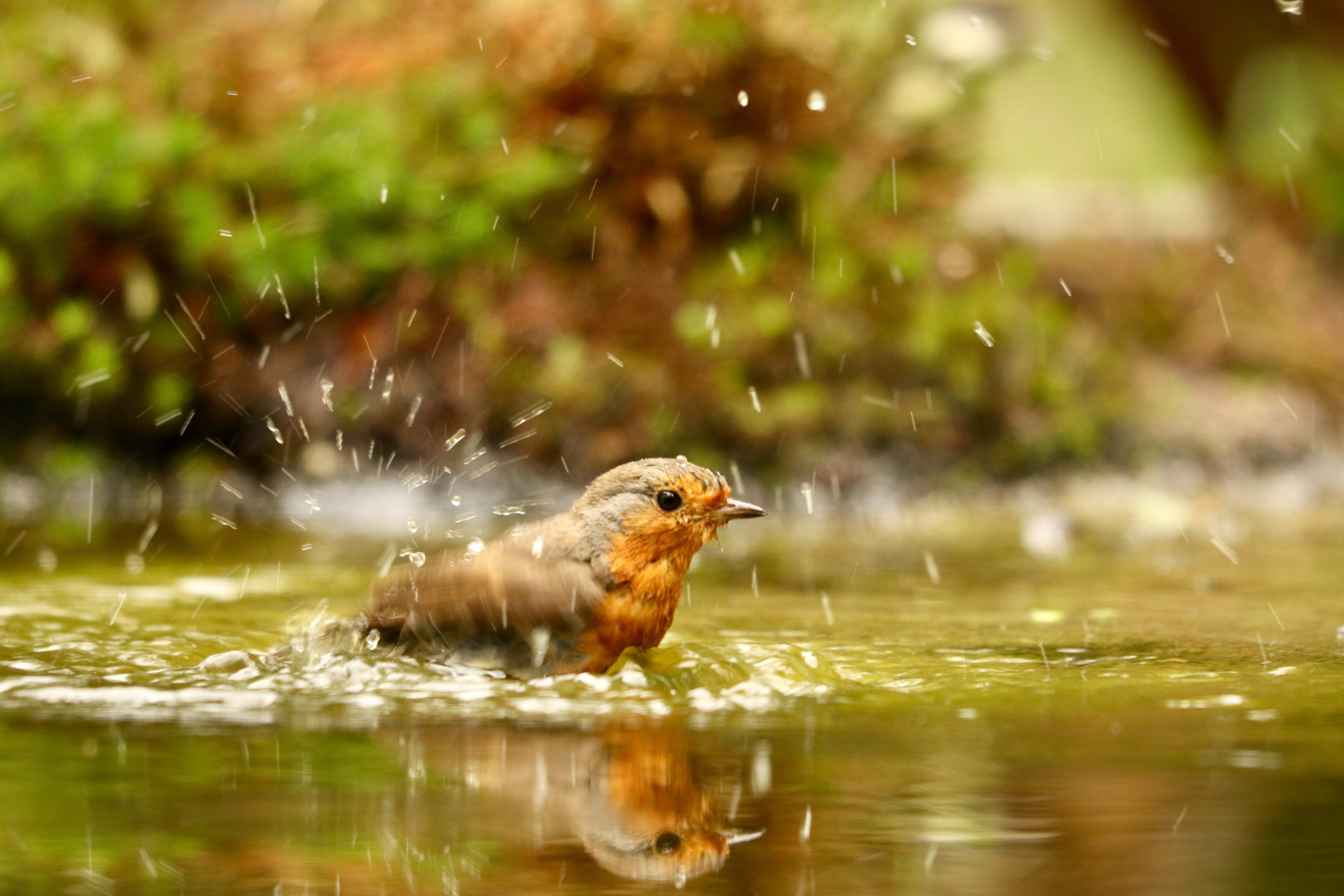
Lakes are vibrant ecosystems that support a wide variety of wildlife. From fish that inhabit the waters to birds and amphibians that thrive along the shoreline, healthy lakes are essential for biodiversity. Effective lake management in Georgia ensures that both wildlife and humans can enjoy the benefits for generations to come.
In this article, we’ll help you understand how lake management supports wildlife, from maintaining healthy fish populations and providing safe habitats for birds to preserving wetlands and shorelines that benefit amphibians, reptiles, and other animals. You’ll learn why careful planning, water quality monitoring, and habitat conservation keep lakes vibrant ecosystems where wildlife can thrive.
Fish are often the most visible residents of a lake, but they depend on a delicate balance of oxygen levels, water quality, and food sources. Lake management practices, such as controlling algae blooms and monitoring nutrient levels, help maintain oxygen-rich environments necessary for fish survival. Stocking programs may also be implemented to introduce native species or replenish populations that have declined due to environmental stressors. Lake managers support the broader food web, providing prey for birds, mammals, and other aquatic species.
Birds, including ducks, herons, and kingfishers, rely on lakes for food, nesting, and safe resting areas. Shoreline vegetation, floating plants, and protected wetlands are vital for bird habitats. Lake management strategies, such as lake dredging, preserving buffer zones, and controlling human activity in sensitive areas, ensure that birds have access to undisturbed feeding and breeding grounds. Healthy fish populations also attract predatory birds, creating a balanced ecosystem where both prey and predator thrive. Other wildlife, such as frogs, turtles, and small mammals, also benefit from well-managed lakes. Clean water, stable shorelines, and minimal pollution reduce stress on these populations.
Effective lake management goes beyond individual species. Maintaining high water quality is essential for all forms of life that depend on the lake. This includes monitoring for contaminants, managing runoff, and reducing excessive nutrients that can trigger harmful algae blooms. Proper vegetation management along the shoreline helps prevent erosion, improves water clarity, and provides natural shelter for both aquatic and terrestrial wildlife.

Habitat preservation also plays a role in supporting biodiversity. Lake managers create environments where various species can coexist. These habitats serve as nurseries for young fish, nesting areas for birds, and hiding spots for amphibians and small mammals.
Human activity around lakes can either support or harm wildlife. It’s a good idea to educate the public about responsible recreation to protect sensitive species. Many lake management programs include signage, community workshops, and volunteer opportunities to engage residents in conservation efforts. When people understand the importance of healthy lakes for wildlife, they are more likely to support initiatives that preserve these ecosystems.
Investing in lake management benefits both wildlife and communities. Healthy lakes attract diverse species, support recreational fishing and birdwatching, and provide natural beauty that enhances property values. More importantly, they maintain ecological balance to make sure that fish, birds, amphibians, and other wildlife can thrive sustainably.
Aquatic Restoration is a top-rated lake management company with over 35 years of experience. We provide a comprehensive range of services, including lake dredging, spillway renovation, shoreline stabilization, siphon installation, retention pond maintenance, and many more. If you’re looking for a trusted partner to help you keep your lake or pond in top shape, get in touch with Aquatic Restoration. Contact us now to schedule a consultation with our specialists.
If you own a pond, we don’t have to tell you how irritating mosquitoes can be or how important it…
Dredging is an integral part of keeping lakes clean, healthy, and sustainable. This…
Lake management is an integral part of keeping your lake in peak condition. It involves activities such as lake…
There are many incredible benefits that come with restoring natural lake depth. Not only does it improve water quality…
When it comes to maintaining healthy water bodies, there are two primary methods that are often used: dredging and pond…